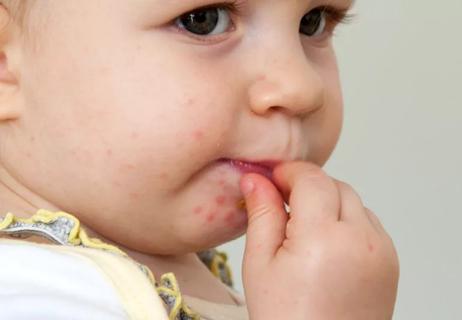Your best defense and offense in protecting yourself and others

Cold and flu season can feel relentless, especially when new viruses make the rounds each year. The good news is there are practical steps you can consider to lower your chances of getting sick and to protect those around you.
Advertisement
Cleveland Clinic is a non-profit academic medical center. Advertising on our site helps support our mission. We do not endorse non-Cleveland Clinic products or services. Policy
One of the most effective ways to cut down on virus transmission is regular hand washing.
And yes we know – that sounds ridiculously obvious, right? It’s no secret that washing your hands is important. But you’d be surprised by how many people skimp when it comes down to this habit. (One study found that only 5% of people wash their hands properly!)
“The way that viruses transfer from person to person and place to place isn’t usually because you got coughed on by someone who’s sick,” explains pediatric infectious disease expert Frank Esper, MD. “Instead, someone usually coughs on their hands and goes on to touch something. Then someone else touches that thing with their hands and their hands end up in their mouth – along with the virus.”
One of the best things you can do to protect yourself during cold and flu season (and really anytime of the year) is to break the transmission cycle by routinely washing your hands.
Also remember that any virus you might already have has the potential to spread to others in the same fashion. So washing your hands every time you cough, or every time that you’re interacting with someone, preferably before you interact with them, is the best thing that you can do.
Advertisement
It’s one of the reasons why doctors always wash their hands before they see a patient and again right afterwards, Dr. Esper says.
Good hand hygiene is incredibly important when it comes to babies and small children too, especially when it comes to helping prevent the spread of RSV.
But often times the average two-year-old can’t wash their hands very well – let alone have the coordination or attention span for it. This is where the introduction of alcohol-based rubs, especially for the younger age groups, works well.
It’s also important to understand the impact of hand washing for those around young children.
“When your child is home from school with a runny nose or cough, a lot of times the grandparents or other family members will come over to watch them,” says Dr. Esper. “It’s very important to make sure that everyone who is interacting with the kids knows to wash their hands.”
It’s also a good idea to talk to children about not touching their noses or rubbing their eyes. Most of the time it’s still going to be typical two-year-old behavior –but it helps to start educating them about it when they’re young.
If you’re still trying to tough out cold and flu season without becoming a victim (or looking for tips on not getting sick again), follow these guidelines:
Some people turn to vitamin C drinks or supplements when they feel sick. While research hasn’t proven they consistently shorten colds or flu, they’re generally safe in moderation.
Advertisement

Sign up for our Health Essentials emails for expert guidance on nutrition, fitness, sleep, skin care and more.
Learn more about our editorial process.
Advertisement

Yes, but symptoms can be easy to miss

You can catch this highly contagious virus through contaminated food, water, droplets and more

Use a bleach solution to sanitize surfaces like doorknobs, counters, toilets and light switches

Start slowly with clear fluids, and then move to bland, easy-to-digest foods

It starts off like a cold and then progresses to a rash that can last about 10 days

Transmission typically involves skin-to-skin contact, but the virus can also linger on surfaces

Time of onset and duration of symptoms tell the story

It’s not just smoking and genetics that can increase your risk of cancer

Even small moments of time outdoors can help reduce stress, boost mood and restore a sense of calm

A correct prescription helps your eyes see clearly — but as natural changes occur, you may need stronger or different eyeglasses

Both are medical emergencies, but they are very distinct events with different causes